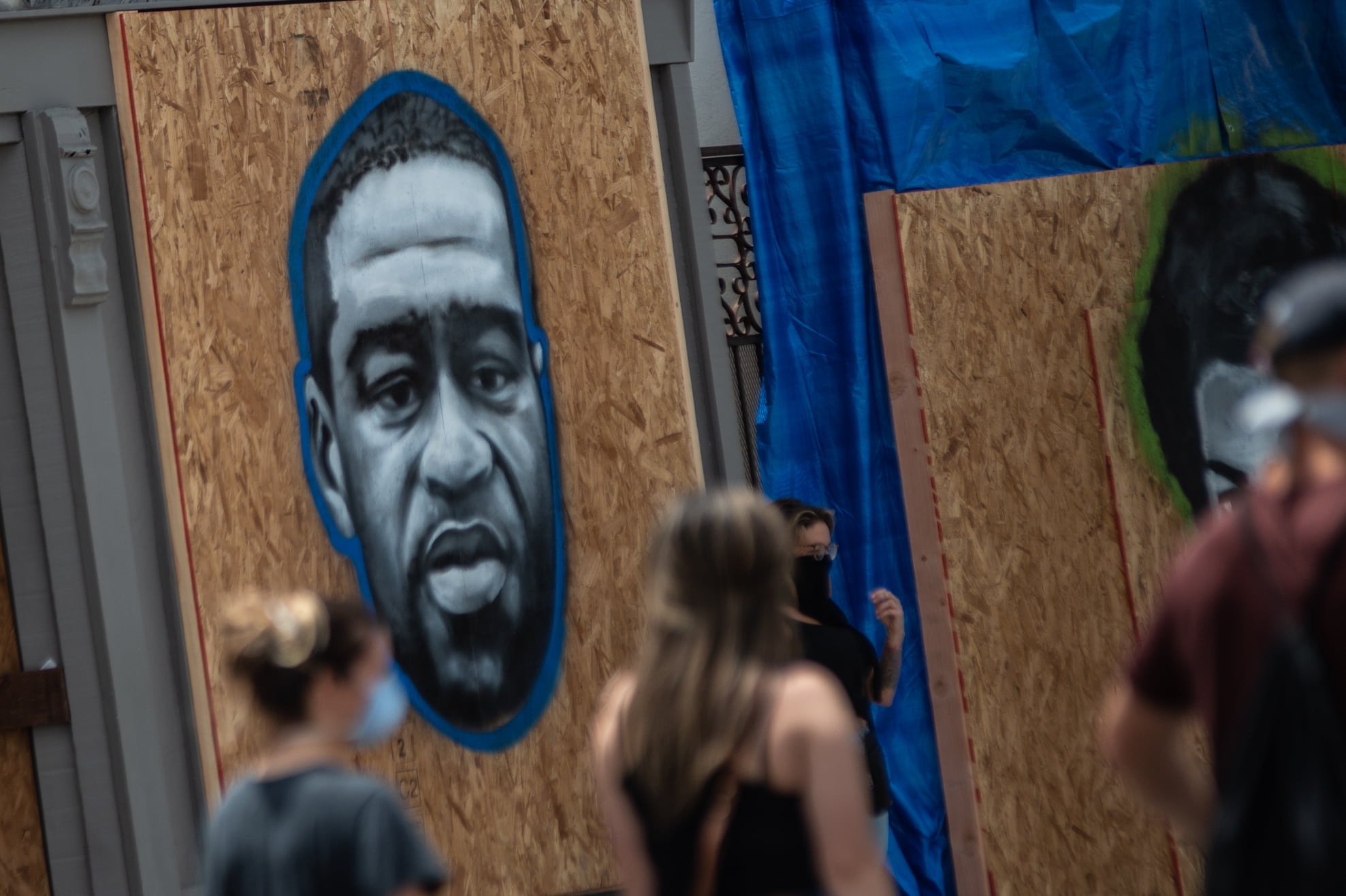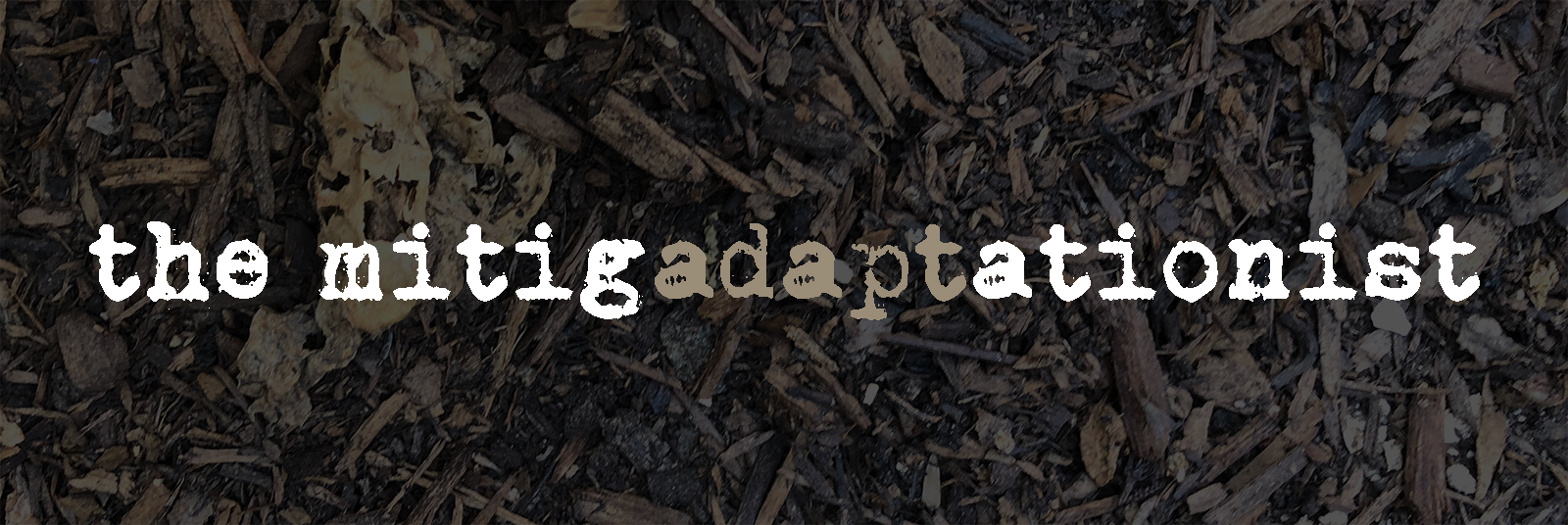
It’s time we listen to George Floyd: “I can’t breathe.”
This has been an intense month of national and global reckoning. This time, we want it to stick. We want the world to scream as one that black lives matter, and, in the silence that follows, we want no more black lives ended violently, no more of this persistent brutal streak of global history that our sophisticated human thought organs should have no problem putting behind us once and for all.
To move forward, we need this.
As the protest grows, so too does the reality it confronts. Almost every day there’s another video documenting a public war on black life … while … somewhere else another Confederate flag seems to wave in response … while … George Floyd in his desperate last minutes reminds us that after Eric Garner’s 2014 cries of “I can’t breathe,” we somehow failed to establish a national reckoning on race to end all national reckonings on race … while … we remember beloved Minnesota schoolworker Philando Castile, whose globally webcast 2016 police death still haunts millions who seemed at the time to have been shocked out of our complacency; and yet somehow Castile’s horrific public death wasn’t able even to prevent that of George Floyd at the hands of a police agency just one town over … while … globally witnessed too was the death of Walter Scott as he ran away from a South Carolina police officer in 2015, hardly nine months after the death of Michael Brown provoked unrest in Furguson, Missouri, which birthed Black Lives Matter and which seemed to provoke what could become a lasting national reckoning … while … every new killing only reminds us that the ones before did not create a lasting reckoning, and makes you wonder what is the core defect of the human organism to fail to find such an obvious and simple conclusion — black lives matter — and act on it … while … even in June 2020, directly in the wake of George Floyd’s death, Rayshard Brooks was killed in Georgia, fleeing like Walter Scott did from a police officer who, himself — like all of us — was already living his every minute in the echoes of the national reckoning after George Floyd, and yet could not find the humanity to spare the life of an unarmed man helplessly fleeing … while … Floyd’s own death happened while we were already, or should have been already, in a national reckoning following the death in May of Breonna Taylor, an African-American emergency room technician killed by police in her sleep in her Kentucky apartment, and within days of the brutal murder of a jogger named Ahmaud Arbery, killed in Georgia — the very same U.S. state of Georgia where Rayshard Brooks would die by police weeks later … while … while … while …
If this way of telling feels like a mushroom cloud, it is also a tip of the iceberg. It is also a part of an unbroken, linear, continuous story that began 400 years ago when a ship arrived in Jamestown, Virginia, carrying Angolans to be sold as this country’s first recorded slaves. While some continue living that story, others among us are able to tranquilize ourselves by participating in what seems to a reckoning. But if the civil rights movement followed Jim Crow which followed slavery, and if Brooks follows Floyd follows Garner follows Rodney King all the way back to Georgetown, what kind of reckoning is this really? If we fail to reckon in earnest with the worst in ourselves, then how can we expect to do bring ourselves together to fix the global systems we have damaged, and create a better world for one another in the meantime?
•
This blog of course is about responding to climate change, and we are here to tell you that these issues need to be addressed right now. Questions of justice and equity are only going to be more acute and more impactful in a future characterized by fewer resources and more compromises and calculations that can either be based on rational understanding, or on instincts, greed, fear, and legacies of bias.
•
Listening to Black Voices of Climate Activism
In any case, I have written too much here. This is a time for the likes of me to stop talking, to listen, to learn. So, just as a start, let’s turn this over to activists of color who are pushing climate activism forward with unfathomably more perspective and knowledge, and more standing, than I have.
•
Collette Pichon Battle
This speech may be the best 12 minutes you can spend understanding the human politics of climate change. I won’t summarize — just listen to Collette Pichon Battle.
“We must have the courage to admit we have taken too much… we cannot close our eyes to the fact that the entire world is paying a price for the privilege and comfort of just a few people on the planet. It is time for us to make society-wide changes to a system that incentivizes consumption to the point of global imbalance. Our social, political, and economic systems of extraction must be transformed into systems that regenerate the earth and advance human liberty globally.”
•
Cheryl Holder
We should all memorize this speech, given from the front lines of the health impact of climate change, already inequitably falling mostly on the shoulders of the poor and of people of color. “Climate gentrification” is already in progress, and the healthcare system is already failing those of us with the fewest defenses. Is the United States really ready for dengue fever to move into this country, if we don’t even have systems to care for illnesses that are endemic to our population now?
This is my favorite kind of talk. It gives voice to the problem, but it also contains solutions and the optimism that comes with having solutions. As a medical worker, Holder remembers the AIDS crisis as a medical precedent that shows us that we can work together — “to make the climate transition less brutal for all of us.”
•
Hilda Flavia Nakabuye
Just as natural systems care very little about national borders, our community is global in scale and international in perspective. From the perspective of age, nothing can be more humbling, and more inspiring, than watching young people step up to lead the way toward solving the problems we elders have created for us all.
For some of those, activism is borne of loss and of necessity. Their voices need to be understood in that context and with an urgency that not generally been granted to climate change.
We are a generation of scared people. but very ambitious. Very united. Very persistent, and very good at action.
The loudest bullhorn should belong to the young… and luckily, many, many of them are reaching out for it.
•
I’m no more an authority on climate justice than I am on the history of race in America, but I present all this here in the name of building a response to climate change that is just and equitable — just as, right now, we all have to work together to make this reckoning stick this time.
It’s on all of us to build our own expertise, and build it out of a diversity of perspectives. As a baseline, we must commit ourselves to reading and listening on from here.

0 Comments
Trackbacks/Pingbacks